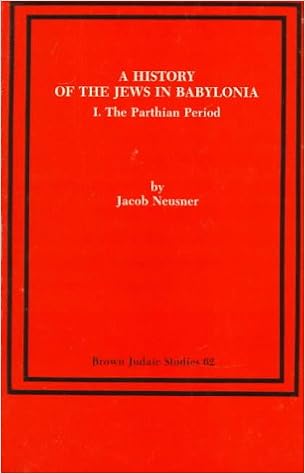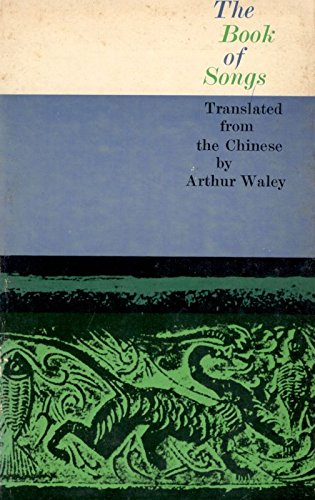This work selects individual poems by one of the greatest Chinese poets, one who was active some 1400 years ago. Hinton introduction points out a lot of pertinent biographical details--Li Po's identification to Taoism (versus his friend Tu Fu's greater identification with Confucianism); his relationship with Tu Fu (he wrote two poems about Tu Fu, while Tu Fu wrote many more about Li Po, so the relationship seems to have been more meaningful coming from the other direction); Li Po's wandering ways and use of wine to reach states of ecstasy so that he could write better about the present moment; Li Po's political and military life and how in the civil wars of his later adulthood, he was exiled for the stances he'd taken; his disillusionment with war; and finally his return to solitude and wandering in nature. Interestingly, much of Li Po's written work, which was voluminous, has been lost. That which we have comes down to us from later collections of his material, and most critics think that as much as two-thirds of it is spurious. So much for the grand reputation I'd always thought Li Po had. It seems a shame that the fictional poet became so caught up with the real one such that we don't know whether what we have or how much of it is real.
The poems themselves are very enjoyable to read. What's amazing is the way that Li Po focuses on his surroundings such that the poems generally speak to us now even more than one thousand years later. A description of a mountain lends to thoughts about life and about moments in a given life, ones we share even now. Much is made of such thoughts especially toward the end of the collection, which I think I enjoyed even more than the beginning. Hinton had noted that Li Po's poetry had a certain carefree quality in his youth that was lost midlife as war took its toll. Indeed, the poems about war weren't that intriguing to me, but I found myself slightly more taken by the older Li Po than the younger. Experience leant a certain melancholy to the descriptions of nature that made the pieces seem all the more touching. It is amazing to think about how the wind and stream are the same that people generations ago also experienced and yet also how those things are never the same, even for us, from moment to moment, day to day.










